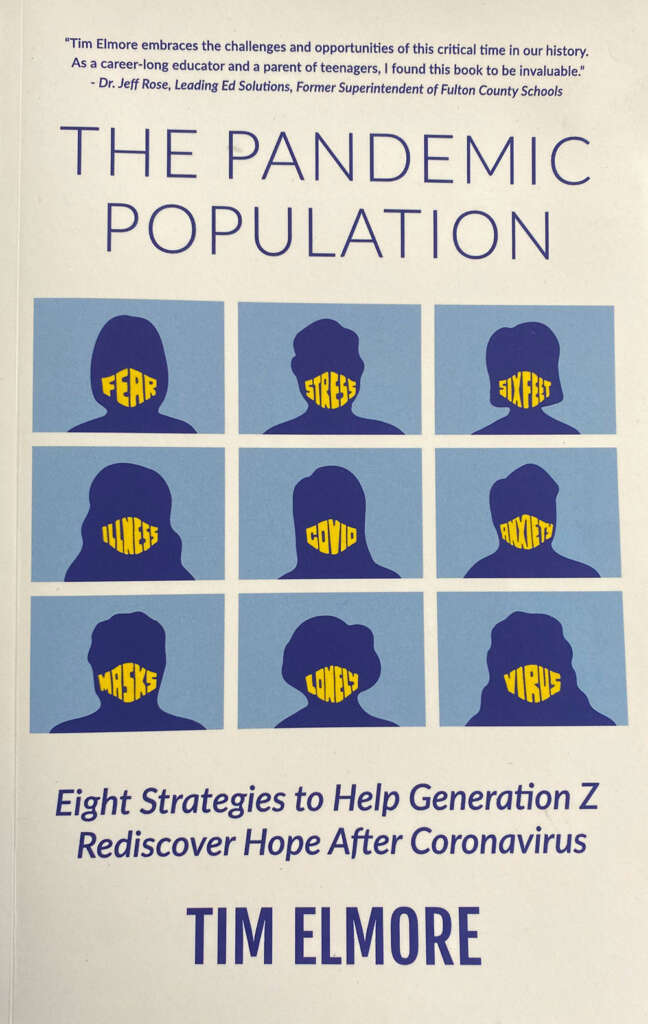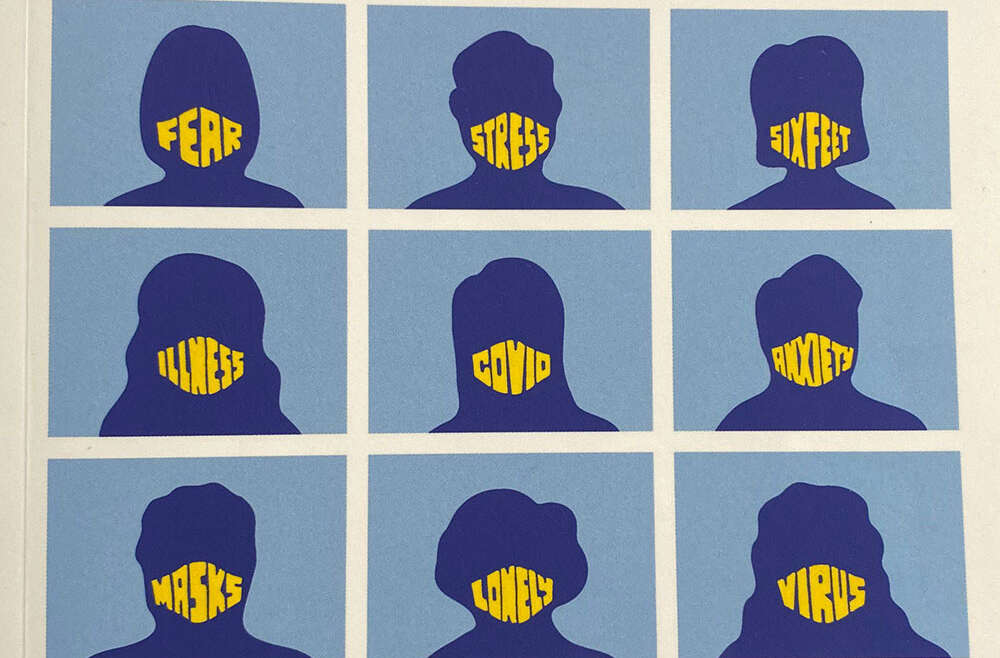
Among those classified as Generation Z (individuals born between the mid-1990s to mid-2010s),there is a subset of those between the ages of 17yrs to 22yrs who may feel that their lives were frozen and put on hold during the pandemic. Because of the pandemic, they may feel unfairly penalized for something they didn’t cause. As a result, they feel stress, anger, loss, and grief – all strong emotions that some might equate to post-traumatic stress disorder.
The term post-traumatic stress disorder was recognized after World War 1, when a soldier returned from war with lingering effects that permanently decreased a soldier’s level of happiness. Interestingly, in the early 1990’s, psychologists noticed more than half of the population who experienced a traumatic event never showed signs or symptoms of post-traumatic stress. Rather, many individuals experience post-traumatic growth; which is identified by an increased appreciation of life, deeper relationships with others, new perspectives and priorities, and greater personal strength.
According to Elmore, it is important to realize that “growth does not come from the trauma, but from the way a person responds to it. A person must choose to become kinder, stronger, and more mindful of the joys in life. While a negative experience triggers a stronger immediate emotional reaction than a positive experience, negative emotions actually fade faster than positive ones do in most people.”
What are some practical ways to encourage growth rather than stress?
- Acknowledge the trauma.
Allow your child to express their anger, loss, and grief. Empathize while listening, and don’t feel obligated to have an immediate solution.
- Remember the milestones.
As we emerge from the pandemic and begin finding community once again, it might be nice to have “memorial” celebrations with family and friends. Some couples that married during the pandemic are having vow-renewal ceremonies to celebrate their special milestone with others. A delayed celebration makes it not a forgotten celebration.
- Encourage them to focus outward.
When we dwell on our own troubles, it will often lead to self-pity and despair. When we focus on helping and serving others, it will often lead to a sense of purpose and fulfillment.
- Model a positive outlook.
Our children at every stage of their lives will look to their parents and others as models for behavior and attitudes. If we want our children to have a positive outlook, we need to actively model gratitude and share our positive perspectives during our difficult times.
- Help them shape their internal narrative.
All of us live with an internal narrative that echoes what we think about ourselves and how we are doing in life. This narrative begins during childhood and affects our confidence levels and social interactions. A positive narrative will build up our confidence. A negative narrative will tear down our confidence. And the level of confidence we have in ourselves can determine the level of happiness and satisfaction we experience in life.
As your children mature and experience life, it is inevitable that they will experience struggles and trauma at various levels.
The take-away question is as follows: Will your child’s internal narrative be one of a victim or one of an overcomer?

